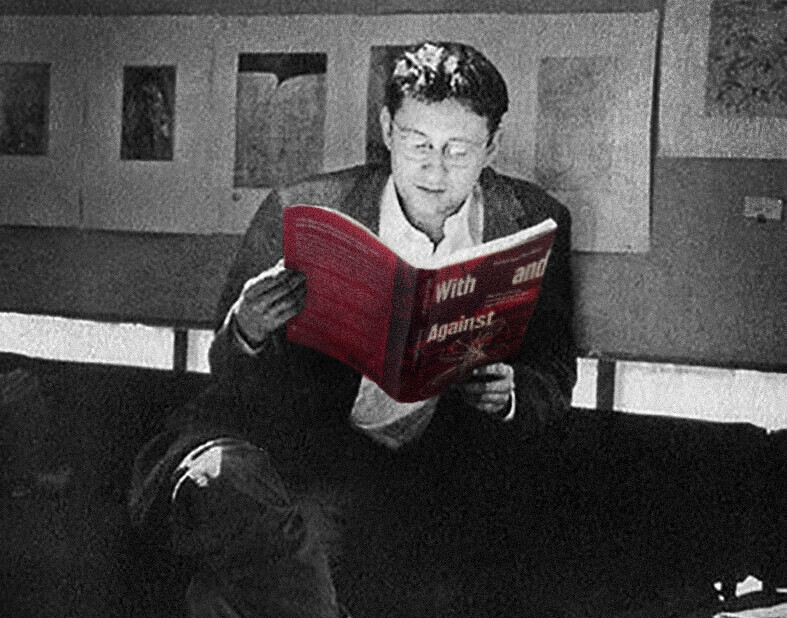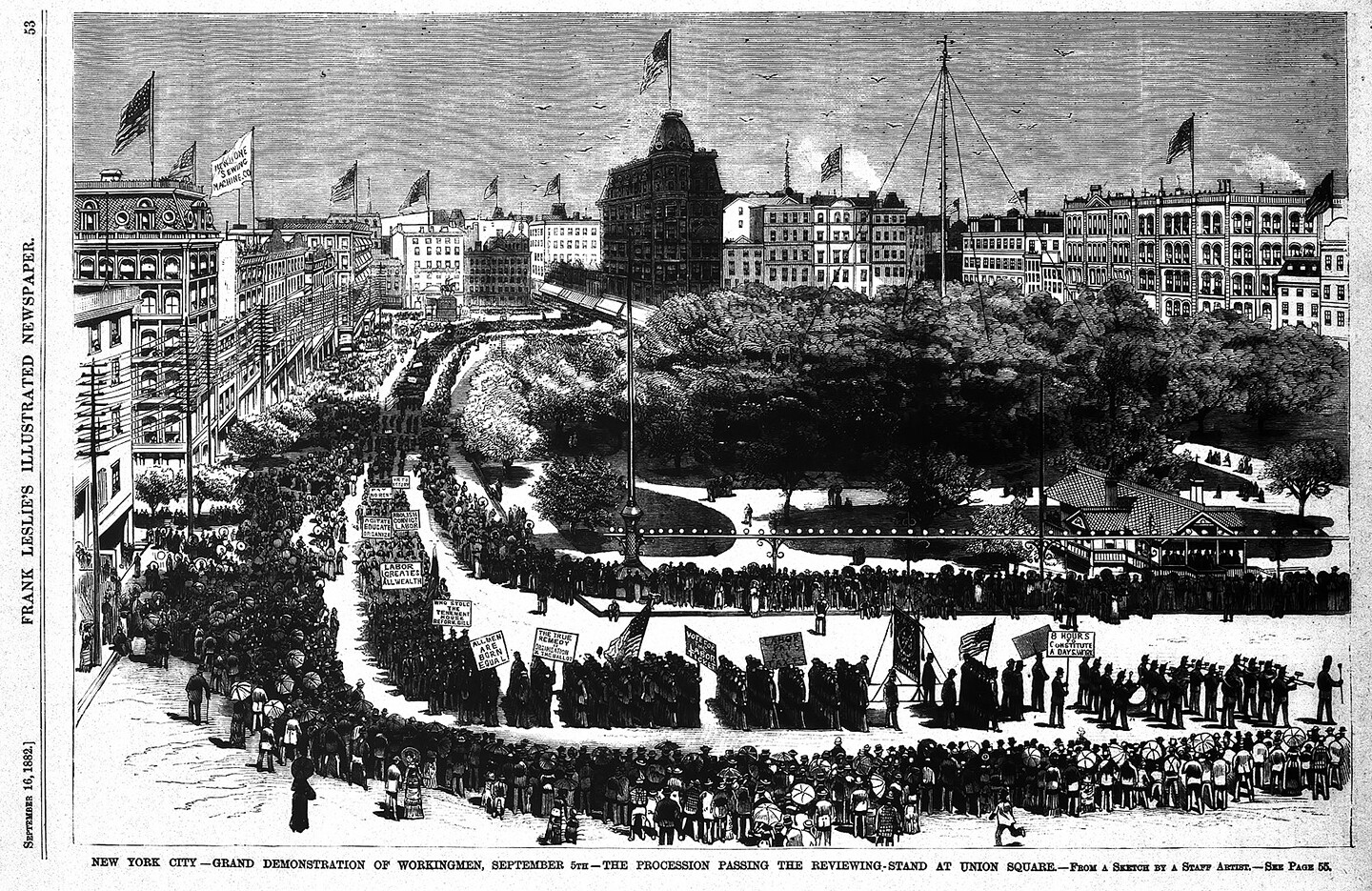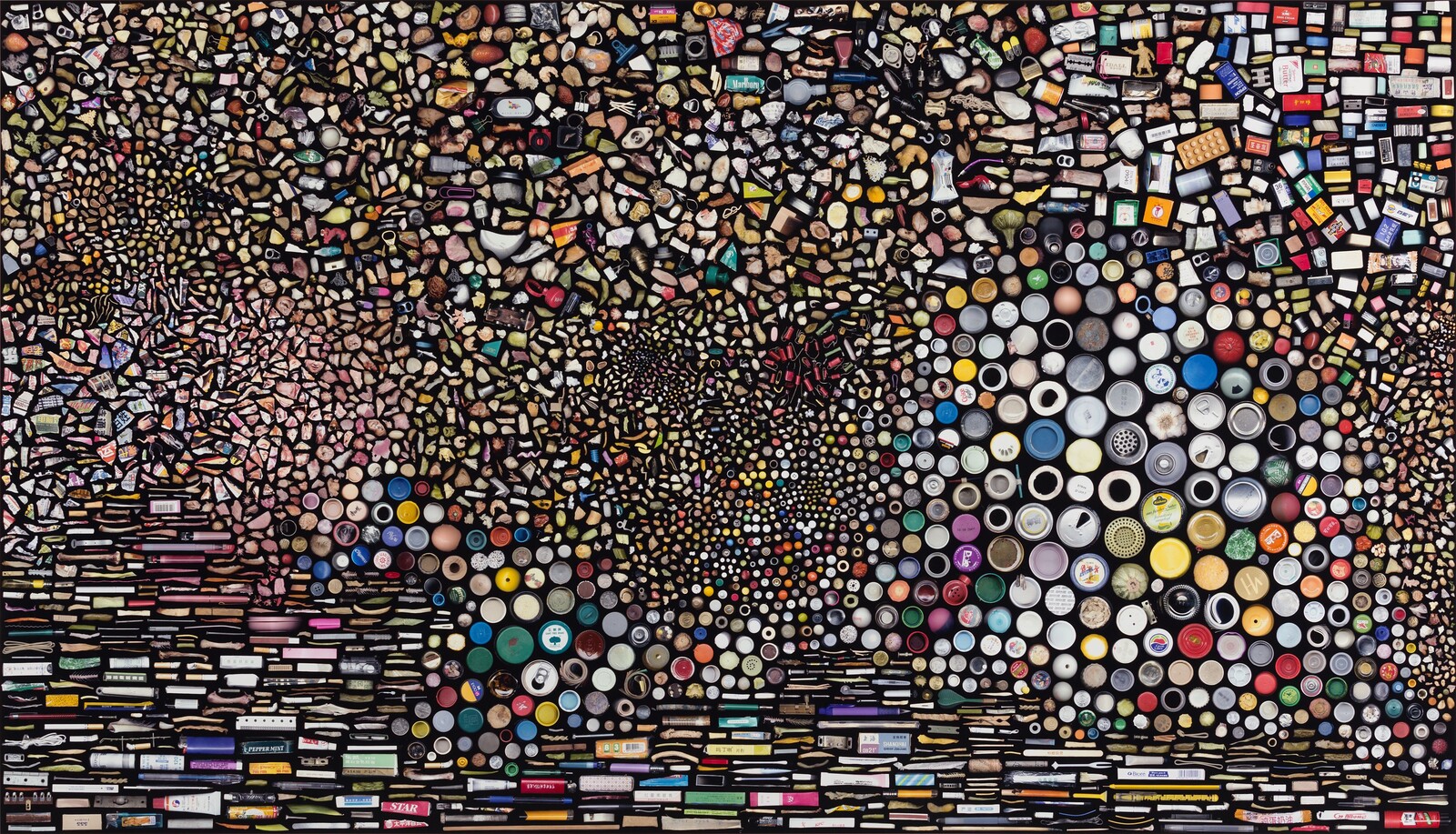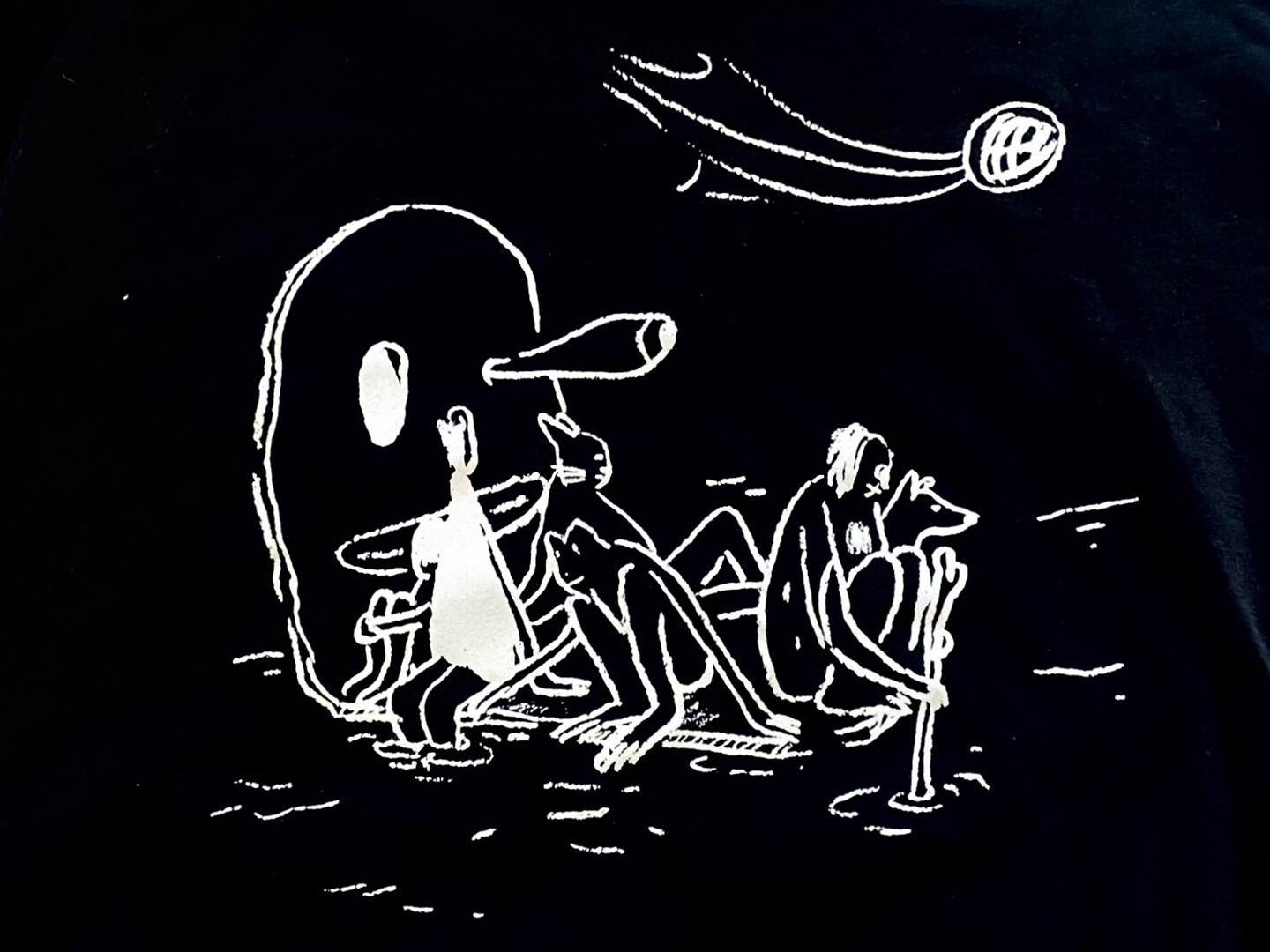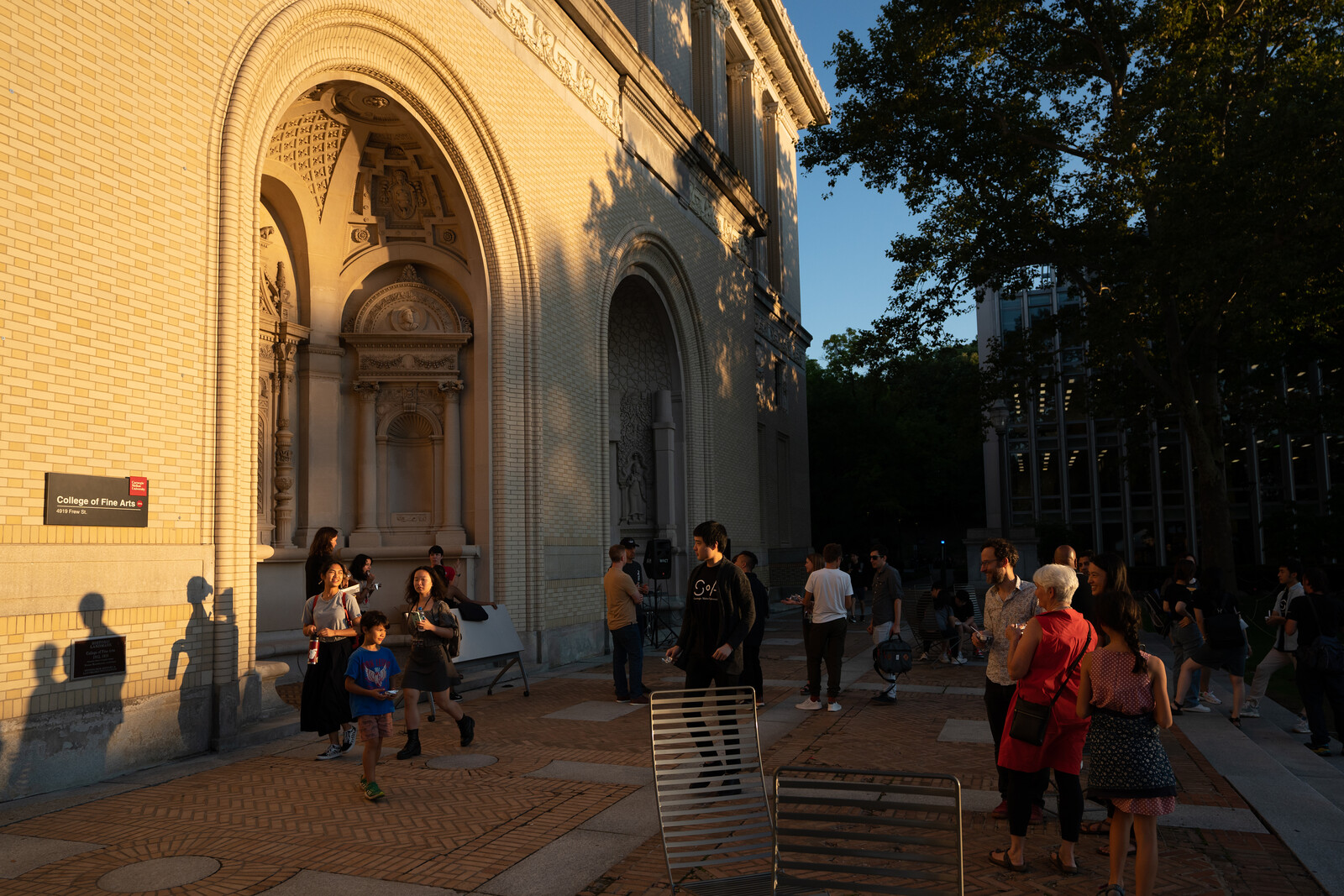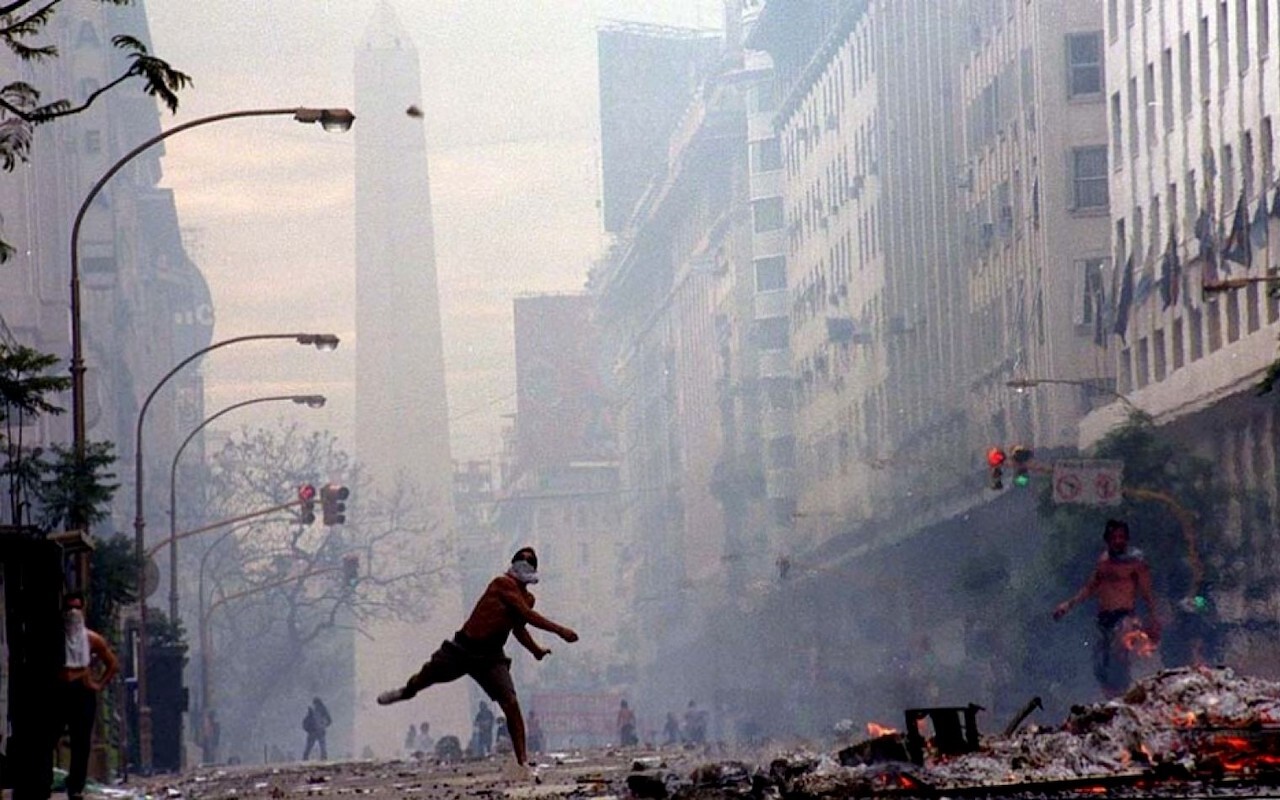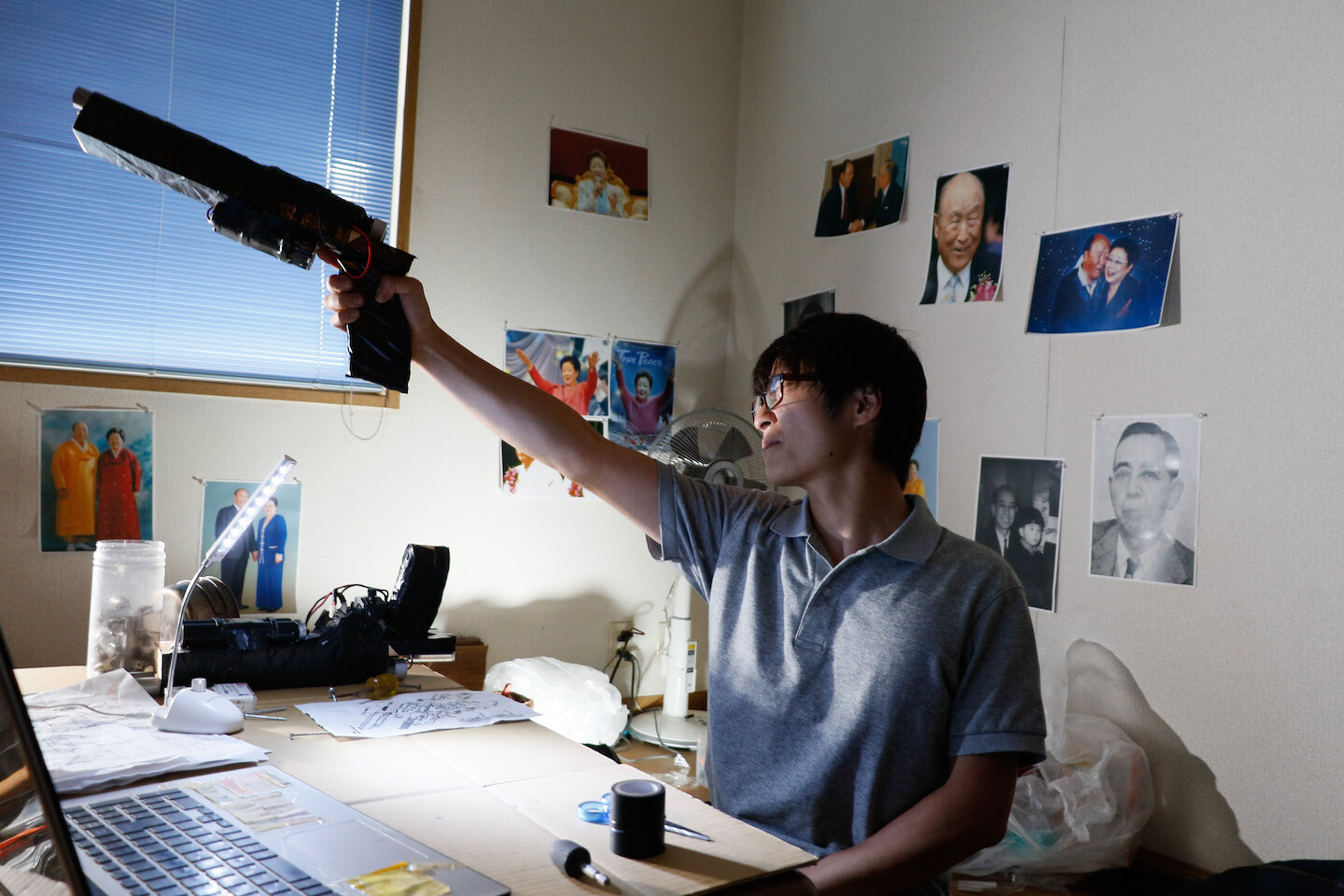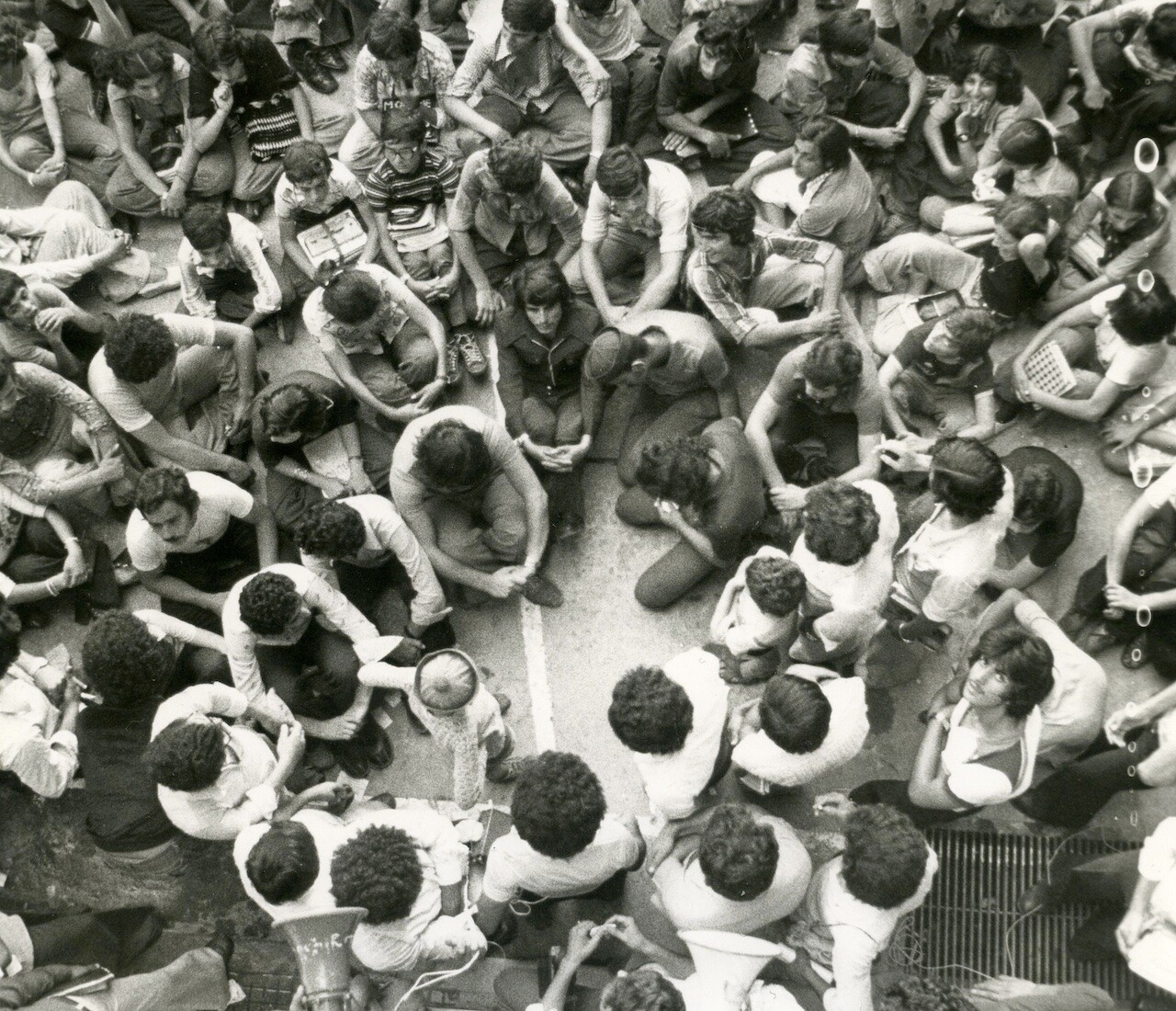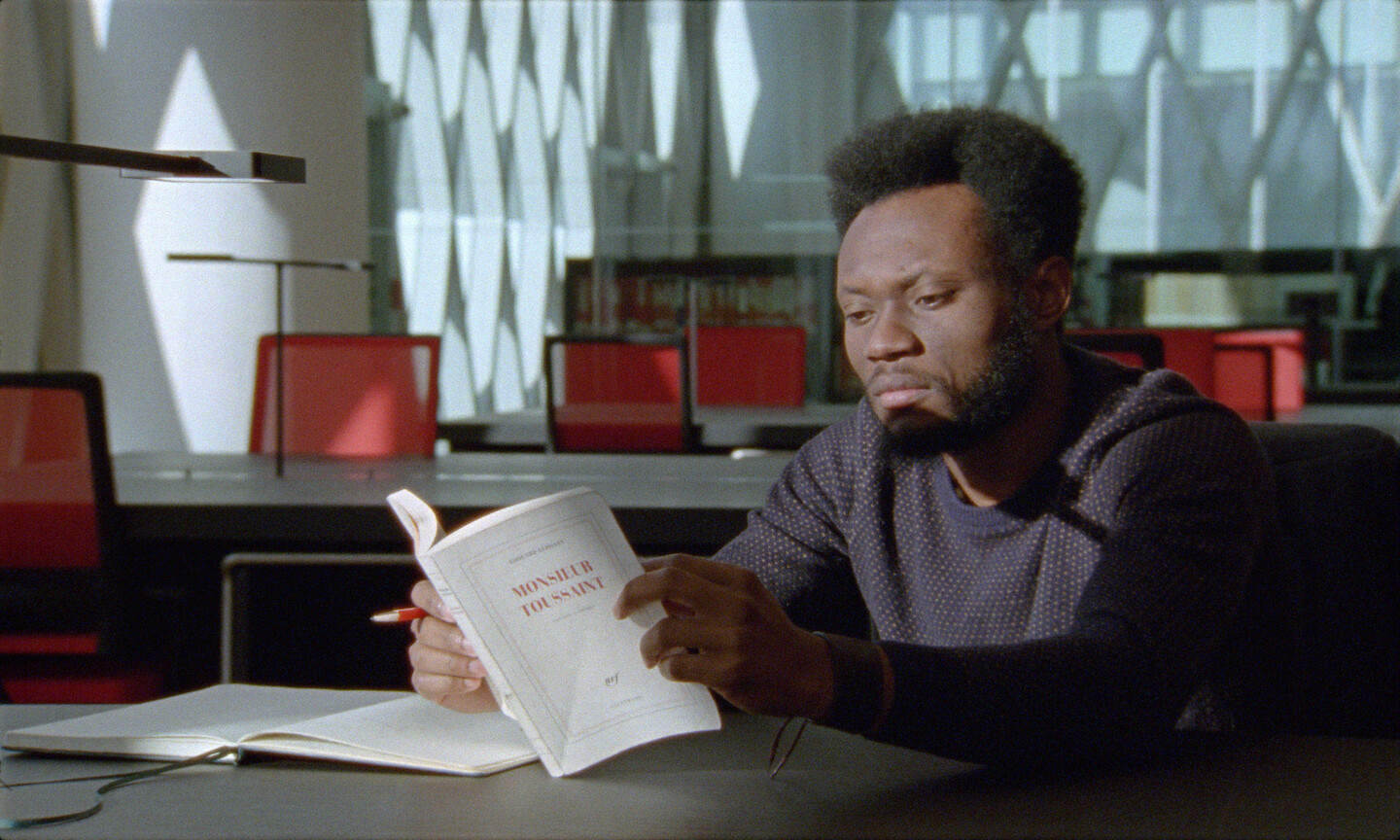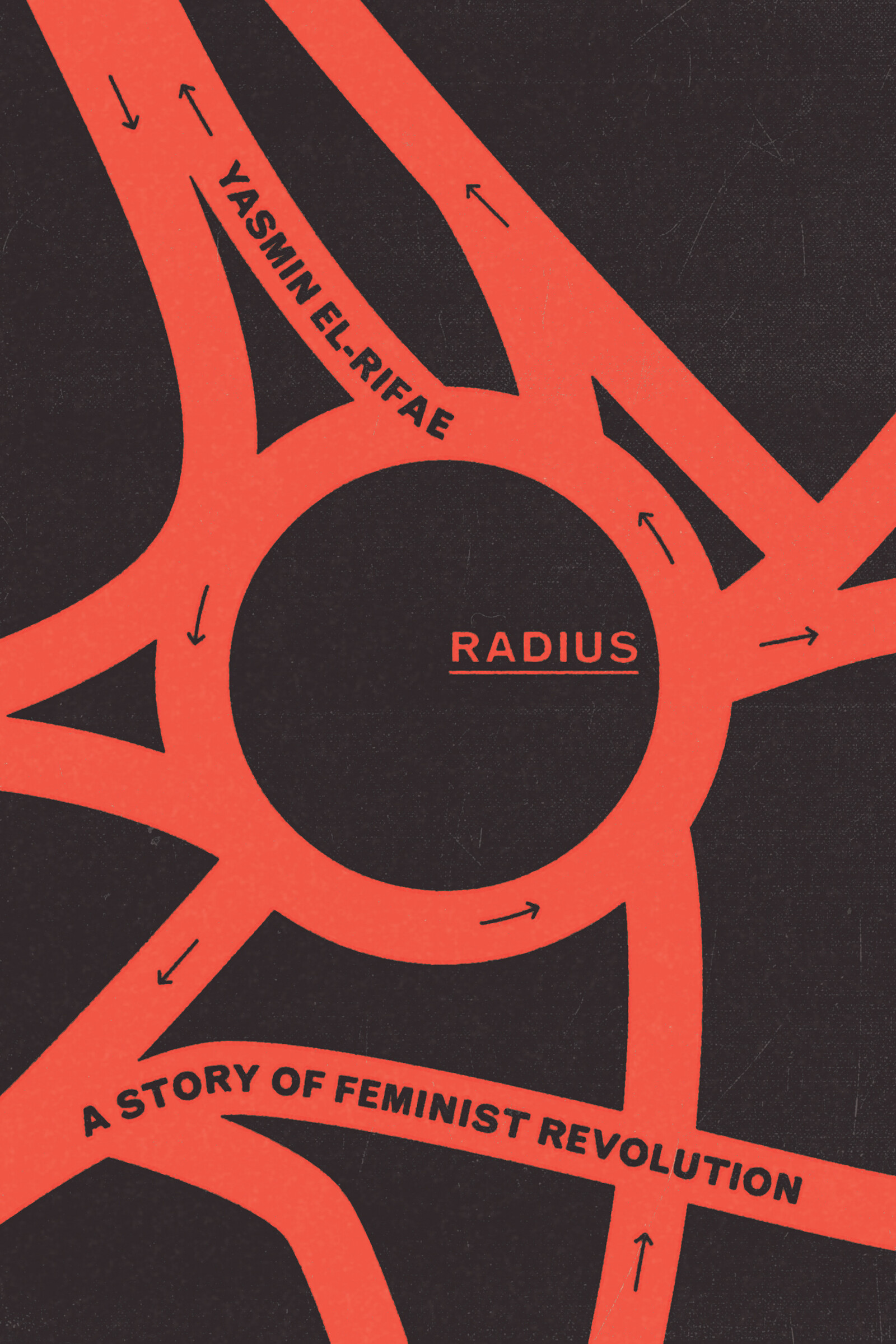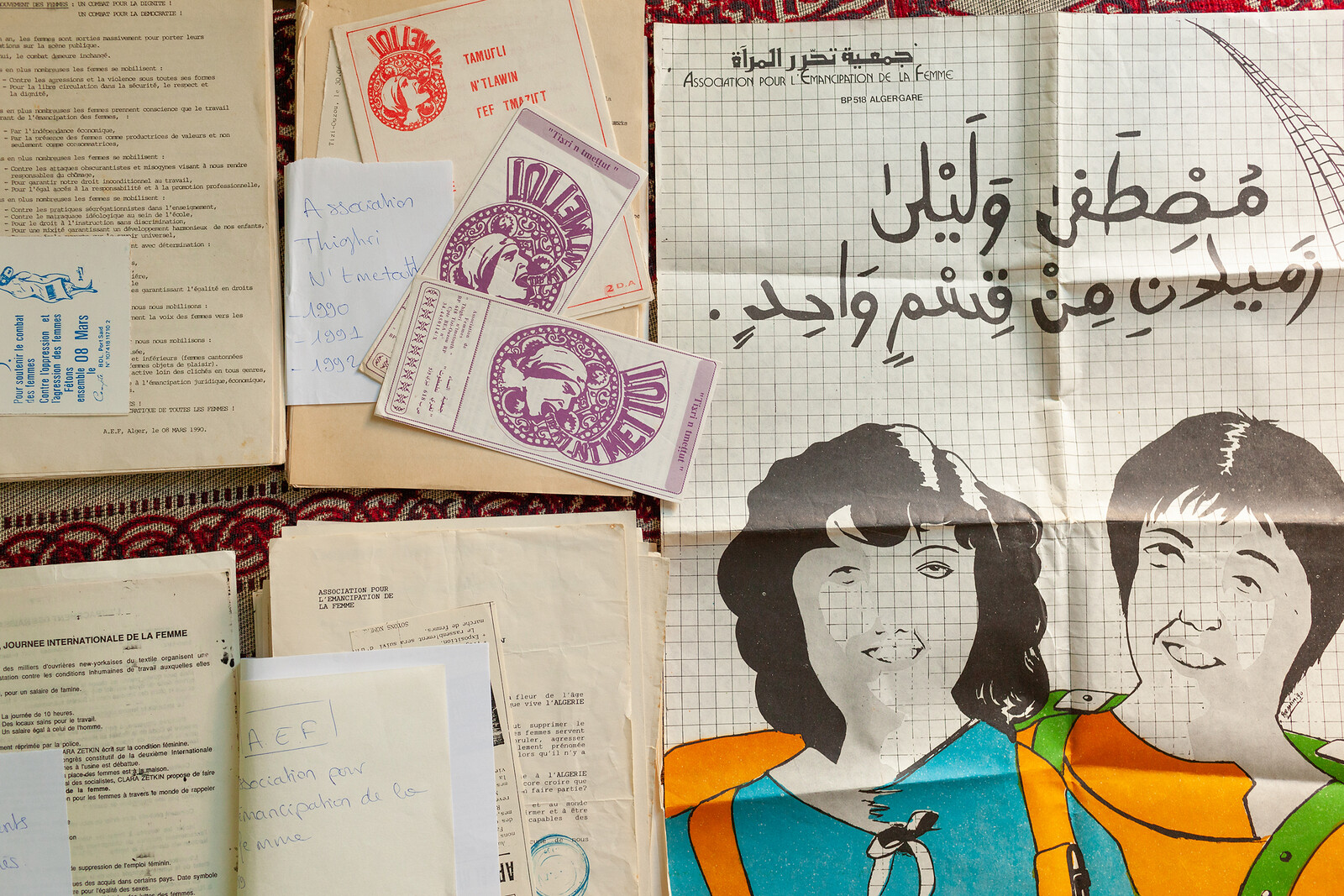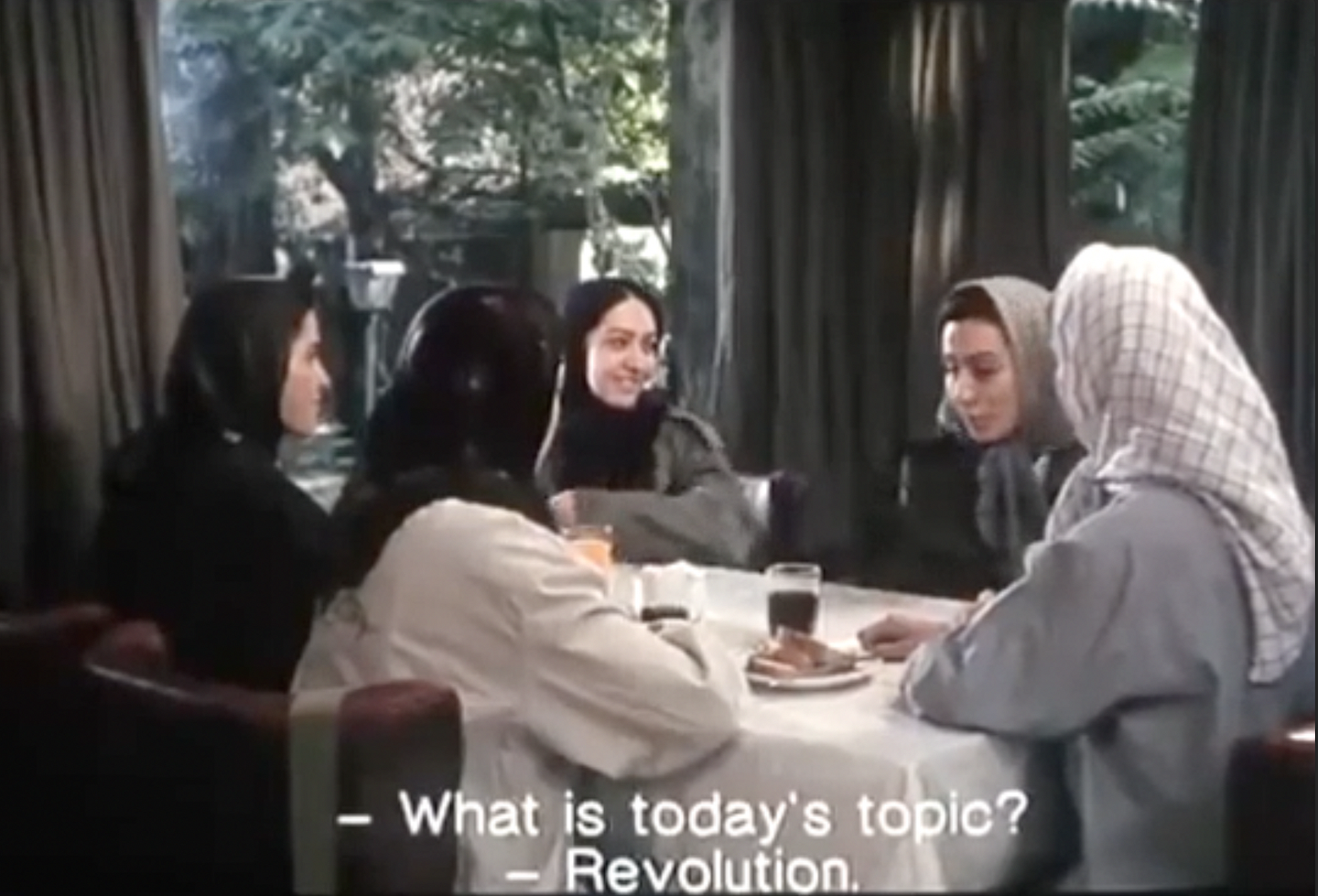Our Terrible Country: With World Records and Stefan Tarnowski
The story of AFD may serve as a reminder of alternative, pre-identitarian political sensibilities. This can be seen, for instance, in the group’s ready expression of common cause with peoples across vast cultural, geographic, and geopolitical differences, or in the way their Whitfield Street squat was a “queer” space without ever considering itself as such. Such an approach to organizing a space or collective points to a politics grounded in relationships within and across difference, and an understanding that individualized identities can function as barriers rather than a basis for solidarity.
Dominique Routhier, With and Against: The Situationist International in the Age of Automation
The workers movement wasn’t defeated by capitalism. The workers movement was defeated by democracy. This is the problem which the century puts to us. The matter in front of us, die Sache selbst, that we must now try to think through.
Long before Nazi violence came to be conceived as beyond comparison, Black radical thinkers sought to expand the historical and political imagination of an anti-fascist left by detailing how what could be perceived from a European or white vantage point as a radically new form of ideology and violence was in effect continuous with the history of (settler-)colonial dispossession and racial slavery.
If many in the West today have the sense that the world is coming to an end, it is very much their world that is ending; other worlds were invaded and ripped apart long ago, yet the peoples in question refused to disappear—or, as with the Creole populations of the Caribbean, they became an unprecedented people spanning several aboriginal pasts, the long present of (neo)colonialism, and uncertain futures. Meanwhile the extractivist machine keeps accelerating—even amidst the symptoms of planetary collapse. The million-dollar question—to use an inappropriate metaphor—is to what extent contemporary forms of asymmetrical schismogenesis can maintain or produce forms of life in opposition to financialized and racialized capitalism.
Woman, Life, Freedom: Year Zero
As “collective projects” and “collective agency” take on new and complex forms, how can processes of collective self-identification be grasped—not just historically, but also for the social media–driven present? How can such processes be intervened in and shaped? What is the role of disidentification between various “peoples” who cast each other in the role of other, alien, enemy? Are divergences always motivated through negation, by opposition?
US Premiere: Masao Adachi, REVOLUTION +1
Launch of e-flux journal issues 134–136
Louis Henderson: Ouvertures
The Individual After the Collective: Making Use of History
By depicting Yamagami’s motive behind the crime and by having discussions about it, we demonstrated that the nature of the problem in Japan is a political crisis. Violence is neither totally negative nor totally positive, but rather something that should be considered on a case-by-case basis. In the end, I chose to depict the contradictions in their entirety, and let the audience come to their own conclusions.
Landscape Theory Beyond Japan: Jean-Luc Godard and the Dziga Vertov Group
Screening and Discussion: Ayreen Anastas and Rene Gabri
Launch of e-flux journal Issue #131
Screening and discussion: Louis Henderson, Keith Sanborn, Liam Gillick and Anton Vidokle, and Rosalind Nashashibi
Code Names, a screening-performance by Maryam Tafakory
If these post-Fukushima struggles have a message for us now amid the Covid pandemic, it is that we can and must confront these planetary flows, like radioactivity or coronavirus, in our own lives. This means that we must wage our struggles for survival not as national citizens or residents, but as planetary inhabitants.



